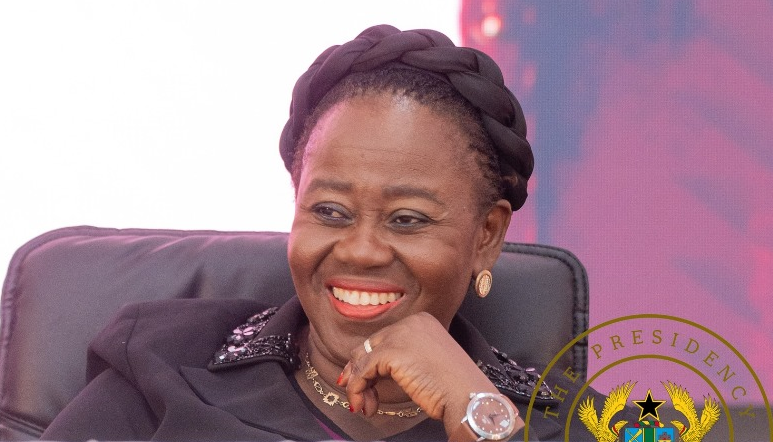Chairman of the Parliamentary Select Committee on Energy, Hon. Emmanuel Kwasi Bedzrah, has defended the recently passed Energy Sector (Amendment) Act, 2025, arguing that the measure is a ‘necessary and strategic’ intervention to safeguard Ghana’s power sector and ensure uninterrupted electricity supply.
Addressing the media on Tuesday in Parliament, Hon. Bedzrah condemned minority MPs who alleged that the government had misled Ghanaians over the introduction of a new GH¢1 levy on refined petroleum products.
Describing the claims as ‘false, misleading, and politically motivated,’ the Energy Committee Chair noted that the legislation was openly deliberated and supported by majority decision after full participation by all sides in Parliament.
“All members from the minority side in the Finance Committee and all the leaders from the Energy Committee were present in the committee meeting when we discussed this Amendment Bill.”
“No one walked out. They were all there. This deliberate misinformation from the minority is what is causing some few groups to agitate,” he stated.
Explaining the rationale for the Bill, Hon. Bedzrah revealed that Ghana’s power sector is currently under severe financial pressure, with a staggering US$3.1 billion in energy sector-related debts as of December 2024. Of this, over US$1.7 billion is owed to Independent Power Producers (IPPs).
The country also incurs a monthly deficit of GH¢2 billion in the power sector, a situation that the Chairman attributed to past mismanagement.
“This is the reality, not fiction. These figures are not government estimates, they are verifiable and have been validated by independent bodies,” he stated.
According to Hon. Bedzrah, Ghana’s power generation mix is heavily reliant on thermal plants that use liquid fuel, with the country spending over US$1.2 billion annually—approximately GH¢12.6 billion—on liquid fuels to keep the lights on.
However, he noted that the current electricity tariff structure does not account for the cost of these fuels, and increasing tariffs by the required 50% to cover these costs would be untenable.
“That is a burden no Ghanaian household should bear, and we refuse to let that happen,” he stressed.
The new amendment introduces a GH¢1 levy per litre of refined petroleum products. According to Hon. Bedzrah, this initiative is expected to generate about GH¢5.7 billion annually, which will be used to support the purchase of liquid fuels.
He assured the public that the new levy will not lead to any increase in fuel prices at the pump, citing a drop in average prices from GH¢16 in January 2025 to GH¢12 currently.
He explained that even with the GH¢1 levy, fuel remains significantly cheaper than it was earlier this year. This is not a deception, but a strategic and responsible way to raise funds without burdening the Ghanaian consumer.
The Energy Committee Chair assured Ghanaians that the government has nothing to hide and is fully committed to transparency and sustainable energy policies.
“We have not lied. We have not hidden the truth. We are transparent about the challenges and we are bold in implementing solutions that protect both the consumer and the future of our power sector,” Hon. Bedzrah said.
He cautioned against politicizing critical national issues such as energy, which he described as central to economic development and national security.
“Let us not play politics with the power that lights our homes, powers our hospitals and drives our industries,” he urged.
Some civil society groups and transport unions have raised concerns over the new levy but government insist the measure is in the best interest of long-term national energy security.
The Energy Sector (Amendment) Act, 2025, officially took effect last week following Presidential assent.





















